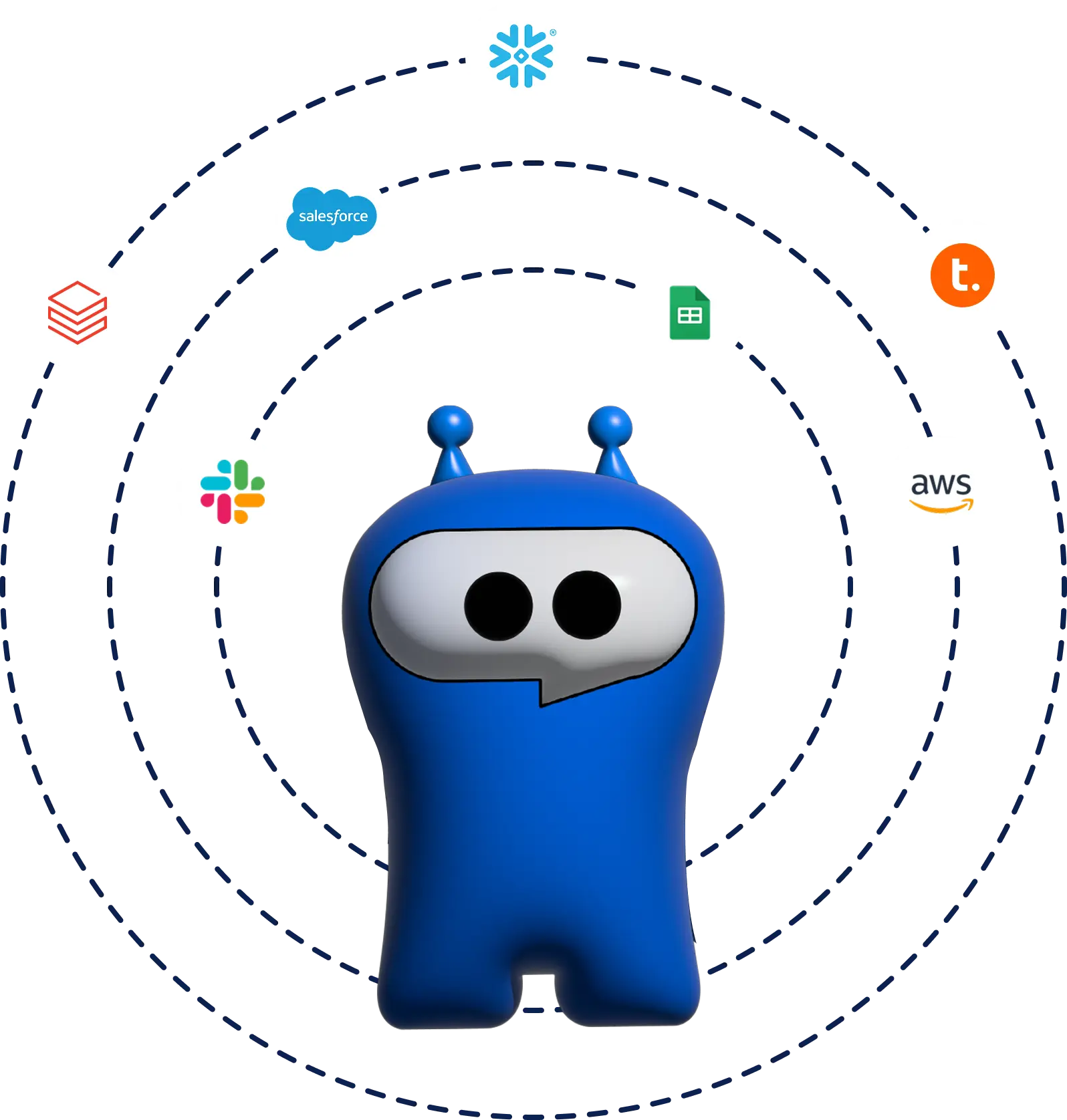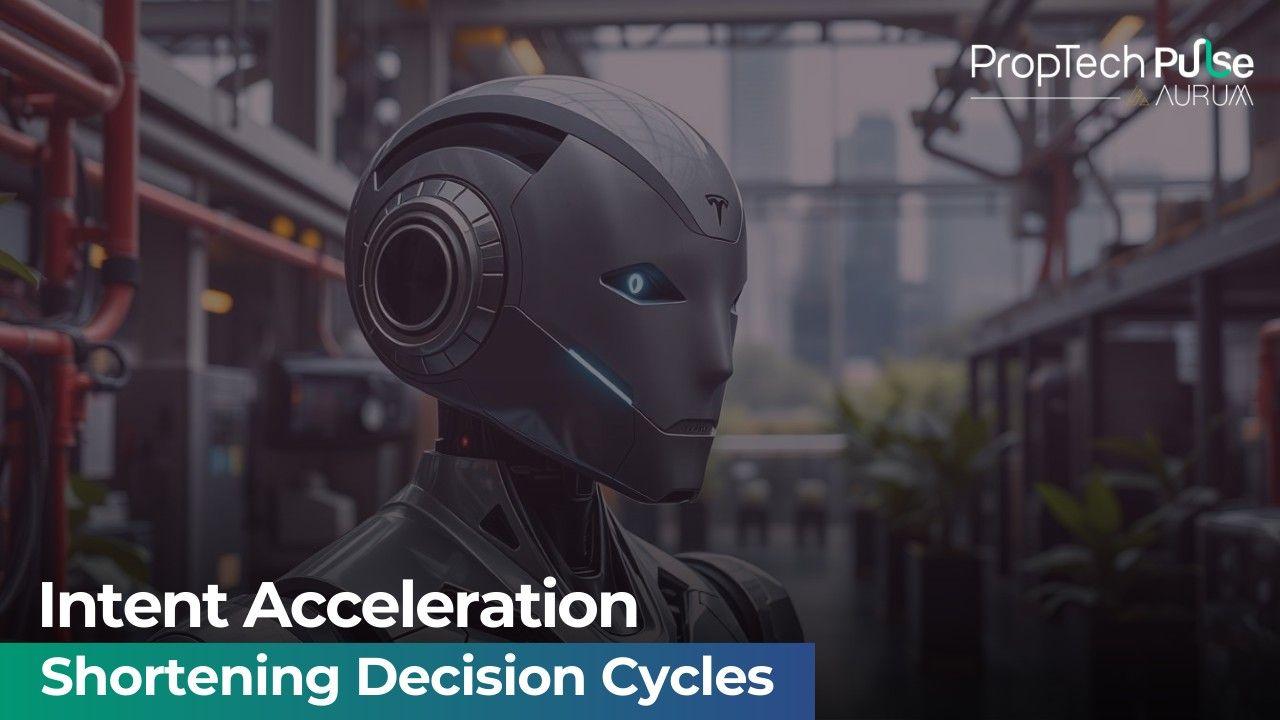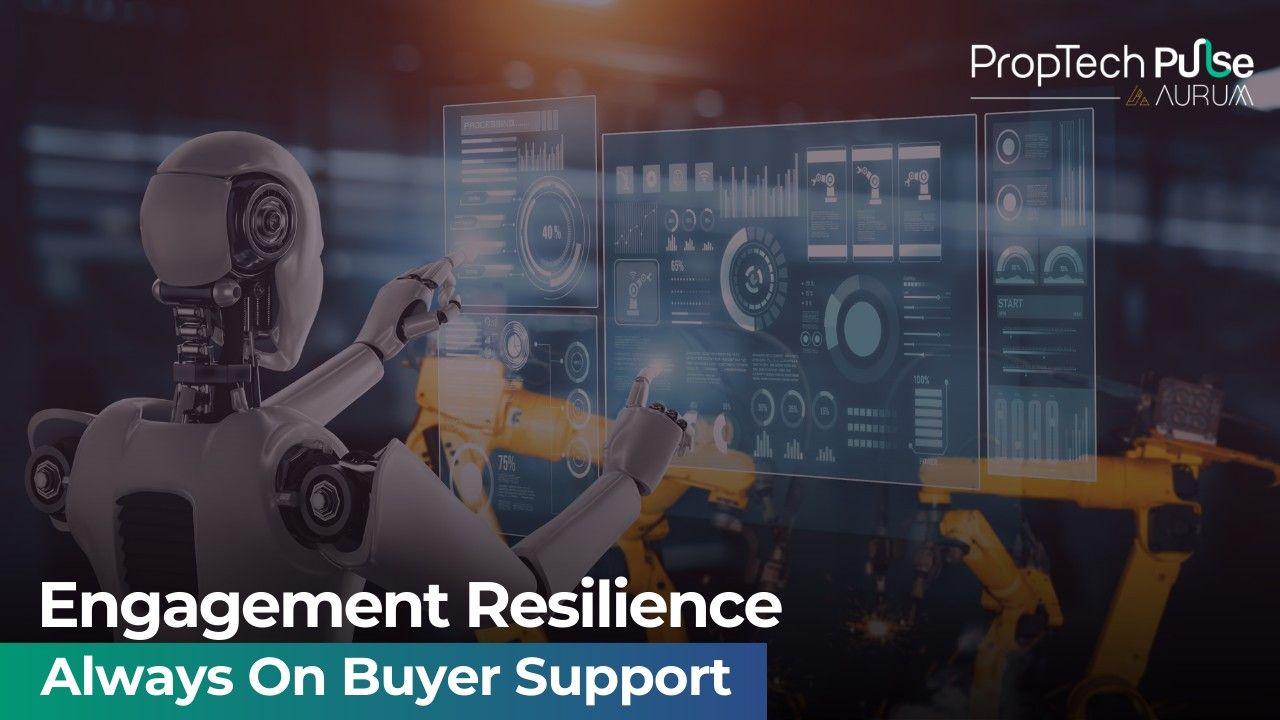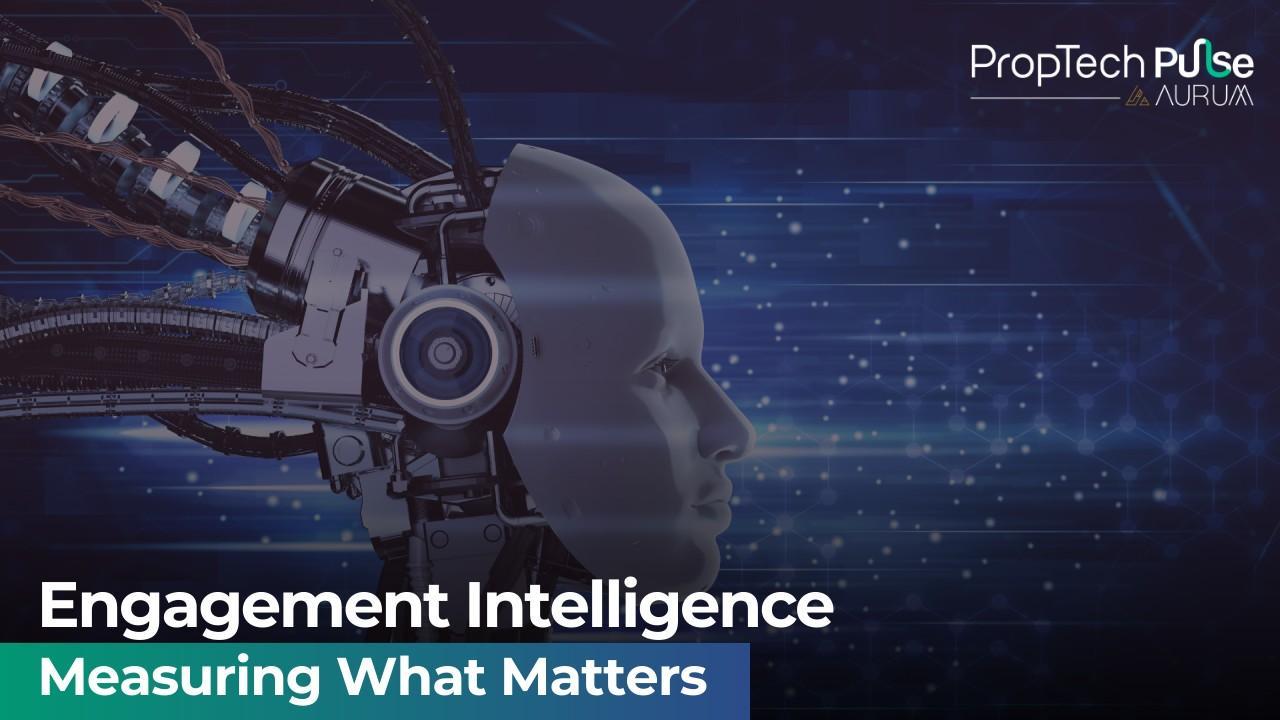

AI That Talks Like a Human.
Thinks Like Your Sales Team.
We design AI voice agents that work for you, and scale with you. Real estate conversations, fully automated and always on-brand.
Trusted by Innovators Worldwide
Voice AI is the New Front Desk of Real Estate
From multilingual support to real-time response, discover why top developers and brokers are switching to voice-first customer engagement.
24/7 Availability
Always-on voice support that handles client calls anytime—day or night.
CRM Integration
Syncs with your CRM & tools—every call and lead, tracked automatically.
Less Manual Work
Automates FAQs, follow-ups, and scheduling—freeing up your sales team.
Multilingual Capabilities
Supports English, Hindi & regional languages to connect with more buyers.
AI That Adapts to Your Business
Our AI agents aren’t just smart—they’re trained to speak like your team, handle your real estate workflows, and integrate into the tools you already use.
Secure Data Handling

System Integration

Evaluation


Reliable & Secure Data Handling
At PropTech Pulse, We Prioritise Data Integrity. Your customer data stays accurate, consistent, and protected—every step of the way.

We start by building a robust data ingestion pipeline that can seamlessly connect to a wide range of enterprise data sources, including databases, data warehouses, CMS, and external APIs.
- Normalise data structures and semantics
- Deduplicate records and resolve conflicts
- Annotate data with rich metadata

Seamless Integration with Your Tools
Our AI Agents connect effortlessly with your existing CRM, telephony, and backend systems—no disruption, just smooth syncing.

We start by quickly identifying all relevant data assets across your organisation, from databases and data warehouses to content repositories and external APIs. Our pre-built connectors allow us to establish secure connections to these sources in a matter of days, not weeks or months.
- Schema mapping to automatically match data fields
- Intelligent data parsing to handle different formats
- Incremental loading to keep data fresh and up-to-date

Evaluation & Guardrails
We are committed to responsible AI development. Our comprehensive framework ensures the accuracy, safety, and reliability of our generative AI solutions.

Before any of our Voice AI models are put into production, they undergo extensive testing and evaluation on a wide range of benchmarks and datasets.
- Adherence to safety and ethics guidelines
- Coherence and logical reasoning
- Unintended biases and discrimination

Let’s Build Your AI Voice Strategy
From answering buyer queries to booking site visits, our voice agents are built to work the way you do. Let’s talk about how we can help your real estate business scale smarter.


Latest from the Knowledge Hub
Explore ideas, innovations, and step-by-step guides crafted for real estate industry looking to harness the power of AI voice technology.

Intent Acceleration in Real Estate: How Pulse AI Shortens Buyer Decision Cycles
Why Real Estate Decisions Lose Momentum In real estate, intent rarely disappears suddenly. More often, it slows down. Buyers delay follow-ups, postpone site visits, or pause decisions because momentum fades between interactions. These gaps are not always caused by disinterest but by friction, unanswered questions, or lack of direction. Pulse AI addresses this problem by accelerating intent, ensuring that buyer momentum is preserved and guided rather than allowed to stall. Understanding Momentum as a Decision Factor Momentum plays a critical role in high consideration purchases. When buyers feel progress, confidence builds. When progress feels slow or unclear, hesitation increases. Pulse AI treats momentum as a measurable signal by analysing how buyers move from one topic to the next. This allows conversations to be structured in a way that keeps decisions advancing. Such design strengthens buyer intent acceleration without creating pressure. Reducing Delays Between Buyer Actions Delays often occur when buyers are unsure about the next steps. Pulse AI reduces these pauses by clearly outlining what comes next after each interaction. Whether it is understanding documentation, planning a visit, or reviewing timelines, the AI guides progression logically. This guidance shortens gaps and improves real estate decision cycles by keeping engagement active. Preventing Intent Decay During Waiting Periods Waiting periods are unavoidable in real estate, but intent decay is not. Pulse AI maintains light yet relevant engagement during pauses by reinforcing key information and addressing emerging concerns. These touchpoints feel supportive rather than intrusive. This approach sustains AI buyer momentum even when decisions require time. Aligning Information Delivery With Buyer Readiness Acceleration does not mean rushing. Pulse AI aligns information delivery with readiness signals so buyers are neither overwhelmed nor under-informed. Early-stage buyers receive clarity, while later-stage buyers receive validation. This balance improves flow and reinforces AI-driven progression across different buyer profiles. Helping Sales Teams Engage at the Right Moment Sales effectiveness improves when engagement timing is precise. Pulse AI surfaces intent acceleration signals that indicate when buyers are ready for human interaction. Advisors enter conversations when momentum is highest, increasing relevance and efficiency. Thistiming-drivenn model supports proptech efficiency by reducing stalled conversations. Reducing Decision Fatigue Through Direction Decision fatigue occurs when buyers face too many choices without structure. Pulse AI mitigates this by narrowing focus and guiding the evaluation step by step. Clear direction prevents over-analysis and keeps momentum intact. This guidance reinforces conversational AI as a decision support layer rather than an information dump. Turning Sustained Momentum Into Faster Conversions When intent is preserved and momentum is guided, decisions happen faster and with greater confidence. Pulse AI accelerates this journey by removing unnecessary pauses and reinforcing progress at every stage. By focusing on intent acceleration rather than persuasion, pulse AI helps real estate organisations convert interest into action while respecting buyer pace and trust. Enjoyed this blog article? Visit PropTech Pulse for more interesting blogs.
PropTech Pulse Editorial
2nd February '26 • 4 min

Engagement Resilience in Real Estate: How Pulse AI Ensures Always On Buyer Conversations
Why Engagement Breakdowns Cost Real Estate Opportunities Real estate interest is highly time sensitive. Buyers often enquire outside business hours, revisit decisions late at night, or seek clarification during moments of urgency. When responses are delayed or unavailable, momentum is lost. Pulse AI addresses this challenge by creating engagement resilience, ensuring that buyer conversations remain active, accurate, and responsive regardless of time, volume, or channel. Understanding Resilience Beyond Availability Availability alone does not define resilient engagement. True resilience combines uptime, consistency, and reliability under pressure. Pulse AI maintains conversational stability even during demand spikes, campaign launches, or extended decision cycles. Buyers receive the same clarity and accuracy whether they engage at peak hours or during off periods. This reliability strengthens real estate engagement resilience across fluctuating market conditions. Eliminating Dependency on Human Bandwidth Human-led engagement models depend heavily on team capacity, shift structures, and response prioritisation. These dependencies introduce risk when enquiry volumes increase. Pulse AI removes this constraint by handling unlimited simultaneous conversations without degradation in quality. This capability reinforces AI always on support as a foundational requirement rather than a premium feature. Maintaining Conversation Quality Under Load High enquiry volume often leads to rushed or inconsistent responses. Pulse AI maintains structured, governed conversations regardless of load. Buyers receive clear explanations even when demand surges, preventing confusion and misinformation. This consistency highlights the importance of proptech reliability in maintaining trust duringhigh-interestt periods. Supporting Buyer Momentum Across Time Gaps Real estate journeys frequently pause and resume over days or weeks. Pulse AI preserves conversational context so buyers can re-engage seamlessly without restarting discussions. This continuity sustains interest and prevents drop-offs caused by forgotten context. Such design strengthens AI buyer availability across extended evaluation timelines. Reducing Operational Risk During Peak Demand Peak demand moments are often when operational risk is highest. Missed calls, delayed replies, and inconsistent explanations can damage both conversion rates and brand perception. Pulse AI absorbs this pressure by acting as a stable engagement layer that does not fatigue or falter. This stability supports real estate automation as a risk mitigation mechanism rather than just an efficiency tool. Building Buyer Trust Through Dependable Presence Buyers develop confidence when support is consistently available and dependable. Pulse AI reinforces this confidence by ensuring that help is accessible whenever questions arise. Over time, this dependable presence strengthens conversational AI platform value as a trust-building asset rather than a transactional interface. Creating Resilient Engagement as a Competitive Advantage In increasingly competitive markets, resilience becomes differentiation. Brands that remain responsive, accurate, and available at all times earn buyer trust and loyalty. By enabling always-on, high-quality engagement, pulse AI helps real estate organisations build resilience into their customer experience, ensuring that opportunities are never lost due to silence, delay, or inconsistency. Enjoyed this blog article? Visit PropTech Pulse for more interesting blogs.
PropTech Pulse Editorial
31st January '26 • 4 min

Engagement Intelligence in Real Estate How Pulse AI Measures What Truly Drives Buyers
Why Traditional Engagement Metrics Fall Short In real estate, engagement is often measured through surface-level indicators such as response time, number of calls, or enquiry volume. While these metrics are easy to track, they rarely reflect buyer seriousness or decision readiness. Pulse AI introduces a more meaningful approach by focusing on engagement intelligence, understanding not just how often buyers interact, but how deeply and purposefully they engage. Redefining Engagement Through Depth and Progression Not all engagement is equal. A buyer asking repeated surface questions is very different from one exploring timelines, documentation, and financial readiness. Pulse AI analyses conversational depth and progression to distinguish casual curiosity from genuine intent. This capability strengthens real estate engagement intelligence by shifting focus from activity to substance. Capturing Engagement Signals Hidden in Conversations Buyer intent often reveals itself through subtle conversational patterns such as follow-up behaviour, topic transitions, and confirmation seeking. Pulse AI captures these nuanced signals and structures them into usable insights. This allows organisations to understand engagement quality at scale. Such analysis reinforces AI buyer analytics as a strategic input rather than a reporting afterthought. Moving From Engagement Volume to Engagement Value High engagement volume does not automatically indicate opportunity. Pulse AI helps teams prioritise engagement that demonstrates progression and clarity. By filtering noise and highlighting meaningful interaction patterns, the system supports engagement depth metrics that align more closely with conversion outcomes. Improving Sales Focus Through Intelligent Engagement Scoring Sales teams benefit when engagement insights are translated into actionable signals. Pulse AI enables intelligent scoring based on conversational behaviour rather than assumptions. Advisors can focus efforts on buyers who are actively progressing, reducing wasted outreach. This targeted approach strengthens proptech intelligence across sales operations. Supporting Marketing With Behaviour Driven Insights Marketing effectiveness improves when messaging reflects real buyer behaviour. Pulse AI provides visibility into what engaged buyers consistently ask and evaluate. These insights allow marketers to refine content, campaigns, and targeting strategies. This alignment reinforces AI-driven insights as a feedback loop between engagement and demand generation. Reducing Buyer Fatigue Through Relevant Interactions Buyers disengage when interactions feel repetitive or misaligned. Pulse AI improves relevance by responding based on prior engagement depth and known preferences. This relevance reduces fatigue and improves satisfaction. Such responsiveness highlights the role of conversational AI in sustaining meaningful engagement over time. Building an Intelligence Led Engagement Strategy As competition intensifies, real estate organisations must move beyond counting interactions toward understanding them. Pulse AI enables this shift by transforming engagement into intelligence that informs decisions across teams. By measuring what truly matters, pulse AI helps brands build engagement strategies rooted in insight, relevance, andlong-termm buyer value. Enjoyed this blog article? Visit PropTech Pulse for more interesting blogs.
PropTech Pulse Editorial
30th January '26 • 4 min
Got Questions? We've Got You Covered.
Got Questions?
We've Got You Covered.
Find Quick Answers to Common Questions About Packing, Pricing, and Moving Services
Let’s Talk AI for Real Estate
Whether you’re looking to automate inbound calls, qualify leads, or scale conversations across languages—we’re here to help.
Reach us at
Aurum Q1, Aurum Q Parc, Thane Belapur Road,
Navi Mumbai 400710, India













